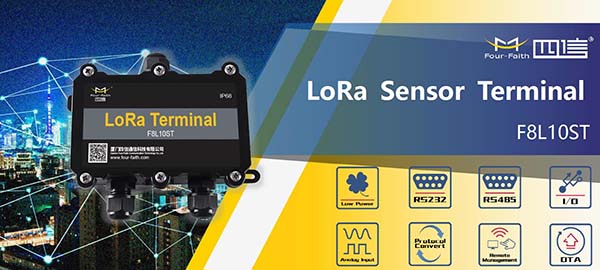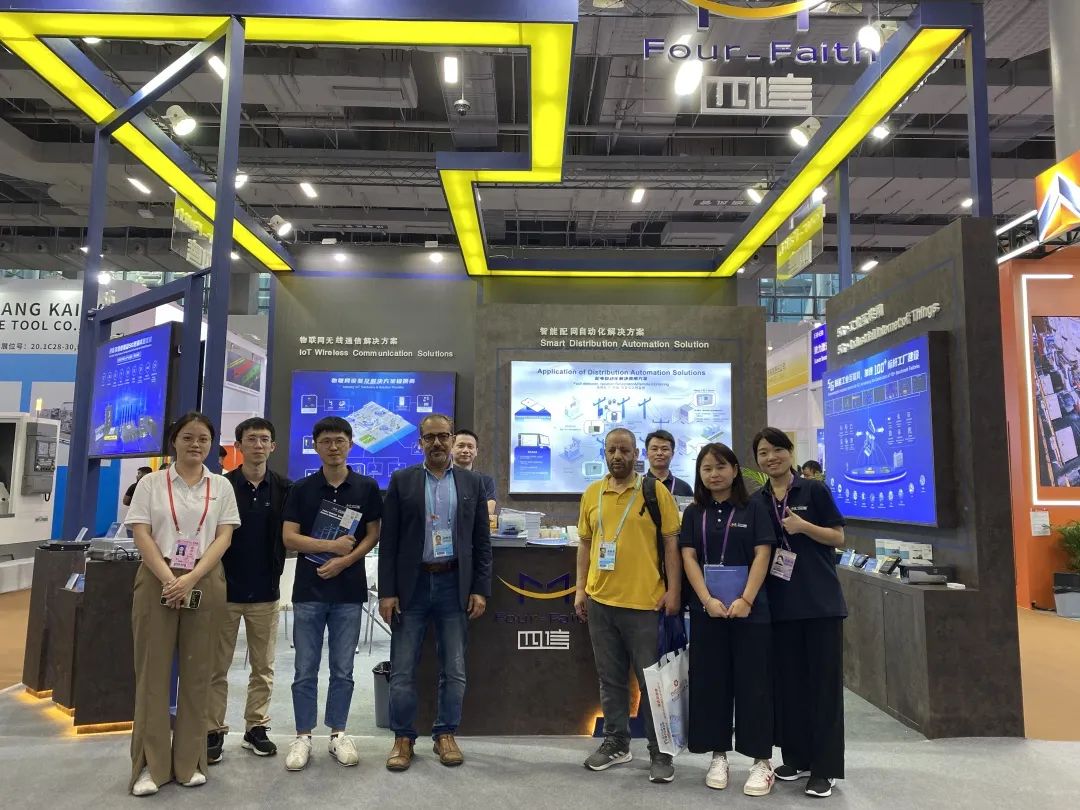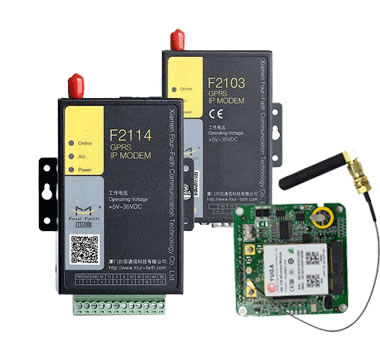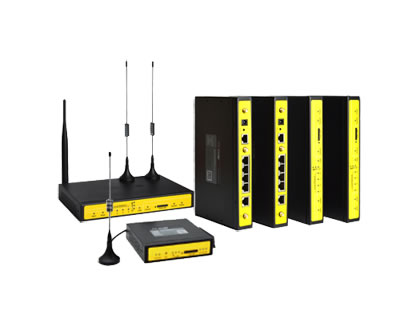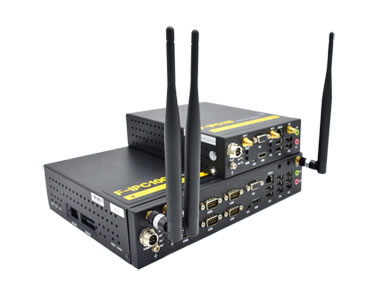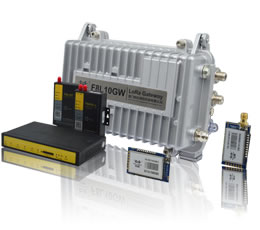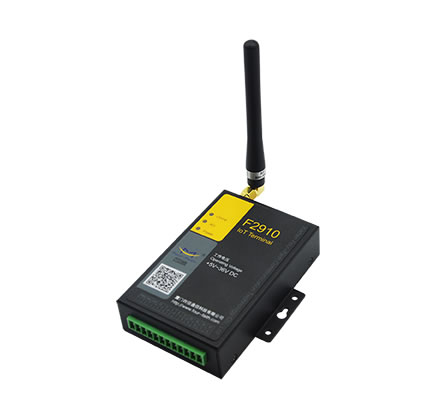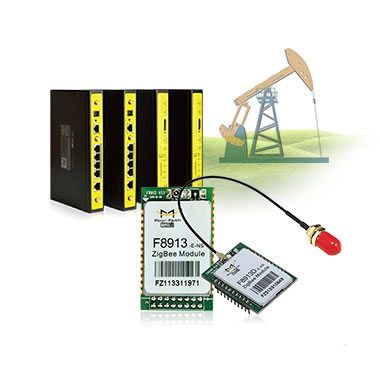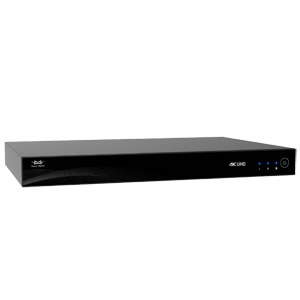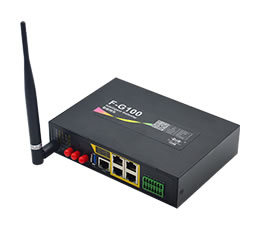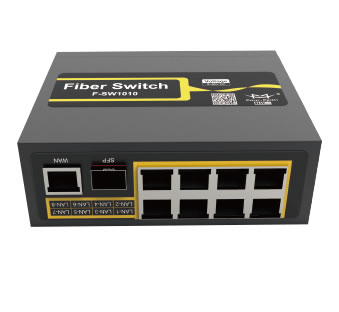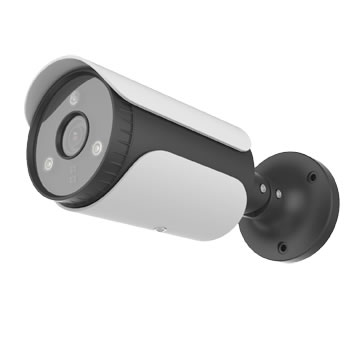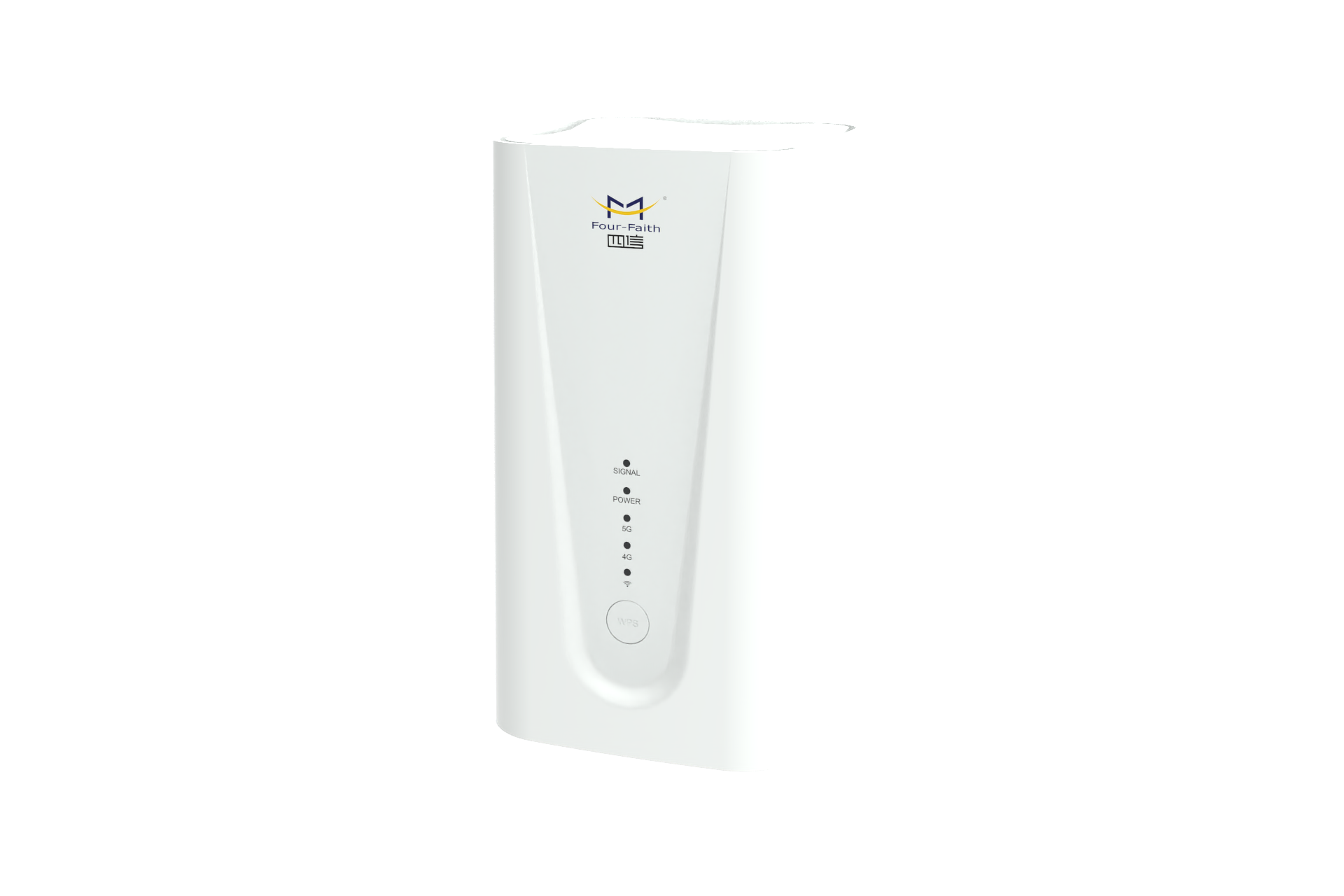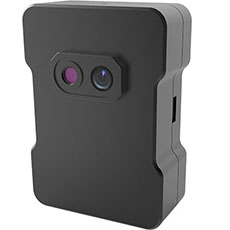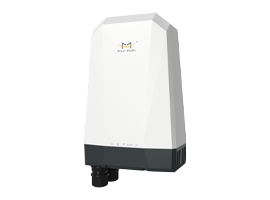Wireless networks are often used in industrial environments, and we often refer to this kind of multi-wireless network used in industry as industrial wireless networks. So how do industrial wireless networks differ from regular wireless networks? Let's look at the differences between the industrial wireless network and regular wireless network.
The regular wireless network is what we often use in our life. For example, the wireless network used at home, the wireless network used by the shopping mall, the wireless network used by the company, and so on.
There are some differences between the regular wireless network and industrial wireless network, mainly in the amount of data sent and received, the battery life of the equipment used by the network, the importance of accurate and reliable data to users, etc.
The difference in the amount of data sent and received between devices is the main difference between regular and industrial wireless networks.
Taking Wi-Fi as an example of a normal wireless network, Wi-Fi networks are designed for devices that send and receive large amounts of data like videos, images, web pages, etc.
By contrast, Industrial wireless networks are designed for devices that only need to send and receive small amounts of data.
For example, a gas pressure sensor in an industrial process needs to send a small amount of data to the controller, and the data exchanged can be as simple as label names and process variables. A few words of data sent wirelessly every few seconds from equipment in the field to controllers in the control room.
So in an industrial wireless network, we send tiny packets of data about the state of an industrial process in a relatively short period.
Because the regular wireless network such as WiFi or Bluetooth wireless network is designed to send and receive large amounts of data, all the equipment used in the network, in a relatively short period will consume more power, like a laptop or smartphone, may need to charge once every few hours or days, depending on your use of this equipment power, of course.
Industrial wireless networks are designed to send and receive small amounts of data. So devices used in industrial wireless networks, such as sensors, consume less power over a relatively long period. These industrial wireless devices can often run for a long time without needing to recharge their batteries.
In terms of battery life, this is the fundamental difference between devices used in regular wireless networks and those used in industrial wireless networks.
Industrial wireless devices are designed to have longer battery life because they are often installed in inaccessible areas that are not easily recharged.
When using a smartphone on a regular wireless network, it is sometimes possible to lose the connection. For example, video calls can be intermittent.
But for industrial wireless networks is not. In industrial wireless networks, the reliability and accuracy of sending and receiving data are critical.
For example, wireless sensors need to send or report air pressure every few seconds to let the controller know what is happening in an industrial process.
If the data sent from the wireless sensor is interrupted, the controller, which acts as the brain of the system, will not be able to provide the required input data and will not be able to send the correct output commands to the output device.
Today is talk about the regular wireless network and industrial wireless network content is introduced so much, if you have questions about the industrial wireless network can contact us.
Recommend Product:
F8L10STsensor terminal is a wireless data transmission terminal based on LoRa spread spectrum technology, which meets the data transmission terminal access of various sensors that comply with the interface. This product has been widely used in the M2M industry in the IoT industry chain, such as smart buildings, smart cities, smart fire protection, smart power, smart agricultural irrigation, soil moisture, garden greening, smart forestry, breeding, indoor&outdoor environmental monitoring, and etc.
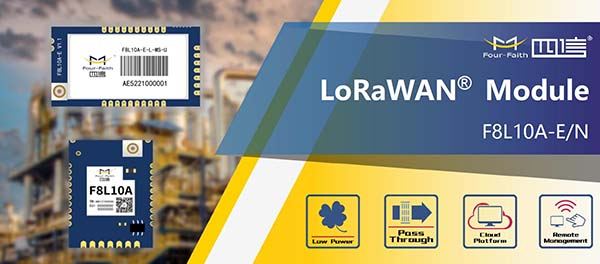
F8L10A-N and F8L10A-E LoRa modules are embedded wireless data transmission modules based on LoRa spread spectrum technology. They support Four-Faith Proprietary Protocol, LoRaWAN, CLAA, LinkWAN and other protocols, and use LoRa network to provide users with wireless data transmission functions. This product has been widely used in the M2M industry in the Internet of Things industry chain, such as smart grid, smart transportation, wireless water and gas heat meter reading, wireless automatic data collection, petrochemical and other fields.

